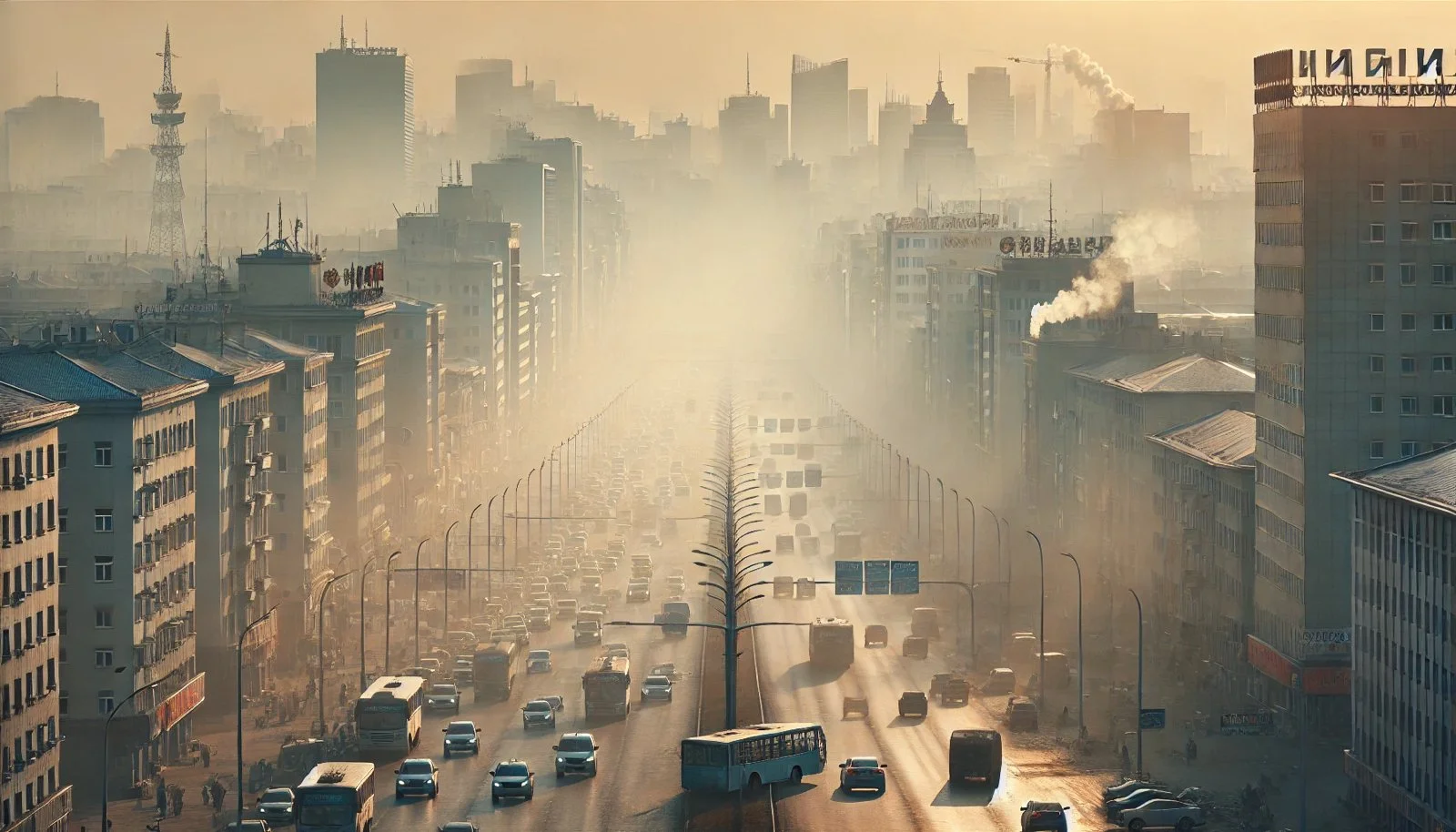What is the dirtiest city in the world?
In a world that is mostly defined to equate cleanliness with health and well-being, the title of the "dirtiest city" can be disturbing and revealing at the same time. Several studies and surveys have been conducted to rank various cities according to levels of pollution, waste management, and general cleanliness. Several cities have issues of this nature, but some are always on the front in the limelight due to sanitation malpractices and environmental issues. Take for instance Seattle; several issues have been made to surface in order to ensure cleanliness as seen through activities like Deep Cleaning Seattle, where this campaign entails general hygiene of the urban environment and entails common challenges found in crowded areas.
The Dirty City Champs
Going by the dirtiest cities in the world, there are some names that recur rather frequently. These cities are usually plagued by serious air pollution, inefficient waste collection mechanisms, and urban overpopulation. Some of the most commonly mentioned include:
Delhi, India. Often referred to as one of the most polluted cities in the world, it is plagued by very poor air quality from vehicle emissions, industrial discharges, and construction dust. Poor waste management services create littered streets and clogged drains.
Dhaka, Bangladesh: Dhaka, the city known to the world for thronging traffic jams and pollution. The populace that the city carries has put a lot of pressure on its waste disposal, and hence littering extends to environmental degradation at every nook.
Lagos, Nigeria: Lagos is a city with a rich culture but also related to many forms of pollution problems. The disposal infrastructure for the fast-growing population is inadequate in this city, which leads to littering and uncontrolled dumping.
Cairo, Egypt: Cairo's air has worsened due to both the emissions and pollution stemming from vehicles and sectors that work industrially. However, problems are also present when relating to waste management, since garbage is usually found piling up in public spaces.
Beijing, China: Despite the huge efforts made in the past couple of years to improve the air quality, the level of smog in Beijing and pollution linked with industrial activity and emission from vehicles has never reduced.
What Has Been Causing It?
The reasons that justify a city to be tagged "dirty" can be very complicated. The most significant factors include:
Population Density: Cities with high population densities usually cannot deal with waste successfully. The more people occupy a small area, the more wastes produced will increase proportionately.
Infrastructure: Poor infrastructure is one factor that makes the issue of dirtiness worse. For example, if the waste collection services are incompetent and there are not enough public sanitation facilities, littering and pollution will be ubiquitous.
Government Policies: Environmental policies are essential in maintaining clean cities. Dirty cities majorly tend to be those cities that don't have drastic regulations or policies on pollution or waste management.
Conclusion
Solutions and Improvements
Despite all these nitty-gritty about cleanliness, conditions can be improved:
1. Effective Waste Management: It would significantly reduce the litter spread within cities and help in keeping public spaces clean. Seattle may be one of the successful examples with such initiatives along with similar programs like Deep Cleaning Seattle, which caters to overall cleaning services.
2. Community Participation: The involvement of the community in cleaning activities creates a feeling of responsible citizens among the residents. Activities on recycling and waste will make more a clean neighborhood.
3. Government Policies: Proper legislation about emissions with efficient control over pollution can help change the existing air quality in most cities. The cities are supposed to address the Environmental Health by policy making.
4. Professional Cleaning Services: Professional cleaning services like Sparkly Maid NYC ensure that the residential areas and public spaces are kept clean. A periodic deep cleaning settles no dirt and debris in the same areas.
Attempting to find the filthiest city in the world would call for consideration of all those aspects that feed into the cleanliness of cities. While cities such as Delhi, Dhaka, Lagos, Cairo, and Beijing appear frequently on these lists as a result of continuing problems with pollution and waste management, solutions are available to alleviate the problem.
With better infrastructure, engaging communities to carry out cleaning efforts, successful government policies, and professional cleaning service such as Deep Cleaning Seattle or Sparkly Maid NYC, cities will work toward a cleaner and healthier place for its residents. What's more important is that the time has come for both the government and the citizens to act in keeping clean an environment for years to come.
